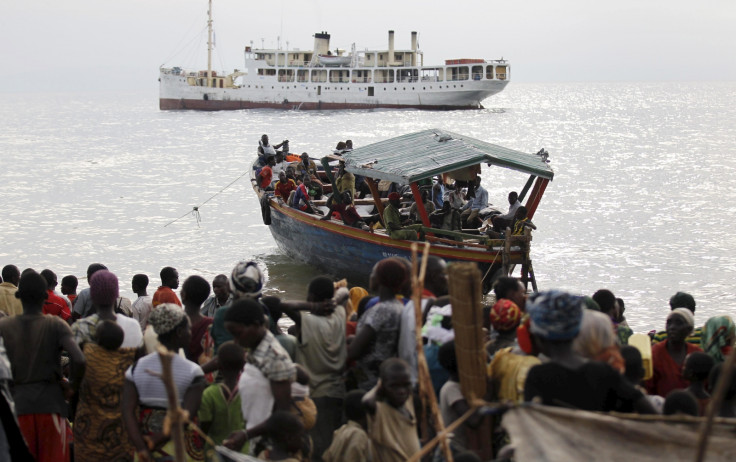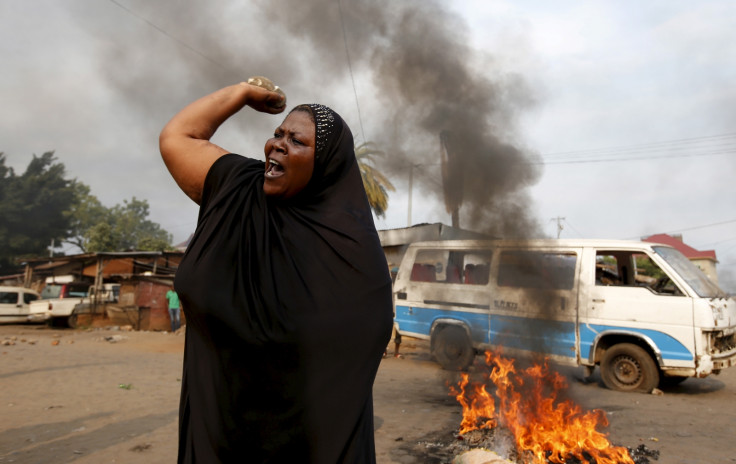Burundi: Government prevents refugees from fleeing as interior minister shuts down border police

Burundi's government has closed off a number of exit points at the borders with Tanzania, Rwanda and the Democratic Republic of Congo (DRC). The interior minister has also closed the office of the Air and Border Police (PAFE).
A source within the country's government confirmed that minister Edouard Nduwimana had ordered the closure of the PAFE's offices on 19 June.
The government said it had closed the PAFE because the material used to prepare travel documents was "used up".
"At first, they said it was a technical problem, but now we know that the minister went there himself to order the closure," the source said.
According to local sources, people who had been waiting to pick up travel documents were forced to leave the building.
Preventing refugees from fleeing
This comes as a number of sources told IBTimes UK that the Burundian police and army are preventing people from crossing into neighbouring countries such as Tanzania, Rwanda and the DRC.
An aid worker for an international non-governmental organisation (NGO), who has been speaking to refugees at the Kigoma makeshift transit centre in Tanzania, confirmed people had been turned away at the border.
Another NGO source claimed that NGO teams had also been returning to their headquarters because of "rumours the borders were being closed off" on 18 June, but said that the borders were open on Friday.

"It's not only at the Tanzanian border but also in Rwanda and Congo, where officers are trying to block people from crossing," a witness told IBTimes UK.
At the Rwandan border in Kirundo and at the Tanzanian border in Muyinga, the source claimed, police were working alongside members of the Imbonerakure – the youth wing of the ruling National Council for the Defense of Democracy (CNDD-FDD) party – where they were forbidding canoeists, whose job to help people cross the border, defined by a river.
"But they also barricade the roads that lead to the border, where they stop buses and cars. That's what they have been doing for some time now," the source said.
'Protecting Burundi's image'
According to sources within the opposition, the government may be trying to prevent civilians from fleeing to neighbouring countries "to protect the image of the country", which it describes as peaceful.
"Security in Burundi is generally good because 99% of our territory is peaceful; because out of 18 districts or provinces, 16 are peaceful; out of 119 communes, 116 are peaceful; out of 3002 smallest administrative entities known as 'Collines', only 5 have gone to the streets," President Pierre Nkurunziza told the East African Community summit in May.
"They are trying to show the international community that everything is going OK in the country, that no one wants to leave Burundi. But people are prisoners in a country where they can no longer live peacefully because of the insecurity," a source said.
Refugees have resulted to using "shortcuts" – non-official roads – through forests to join Burundi's neighbouring countries.
"But even that is now limited because the police has found out about these passages, and has blocked them. It is getting more and more difficult for people to cross," the source said.
Flights scheduled to leave the capital Bujumbura were on schedule, however.
© Copyright IBTimes 2025. All rights reserved.






















